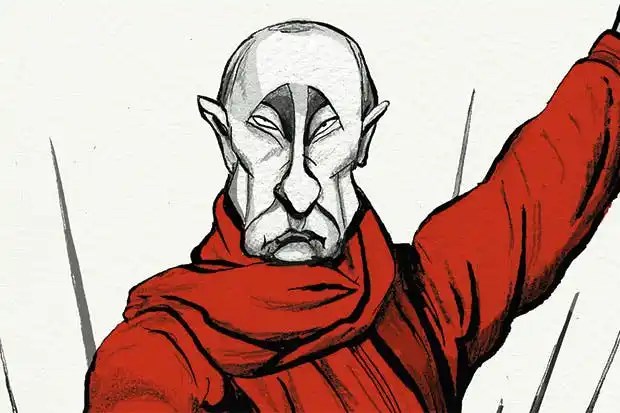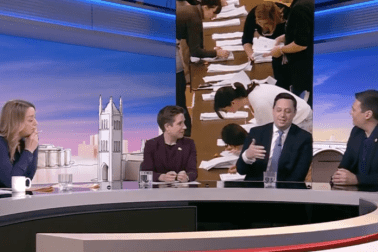‘It’s unbelievable but true,’ Vladmir Putin said on the 80th anniversary of the conclusion of the battle of Stalingrad. ‘We are again being threatened by German Leopard tanks.’
The Russian president is once again turning to an old staple he has often used to rally support in the absence of a genuine, unifying ideology: the great patriotic war, as the Russians call the eastern front in world war two. And this time, he’s doing it as he wages a war in Ukraine he has sought to portray as existential, while Russia struggles to mobilise resources, personnel and morale.
What Russia needed was a reckoning with its past – but what it got was whitewashing
The trouble with grand narratives – particularly ones where the fictions are rooted in reality – is that the longer you repeat them, the more likely you are to start believing them. And in the case of Russia’s victory in world war two – celebrated on 9 May – Putin has been doing this for nearly 20 years, gradually building a mythology of a state under siege from the dark forces of absolute evil.

Britain’s best politics newsletters
You get two free articles each week when you sign up to The Spectator’s emails.
Already a subscriber? Log in






Comments
Join the debate for just £1 a month
Be part of the conversation with other Spectator readers by getting your first three months for £3.
UNLOCK ACCESS Just £1 a monthAlready a subscriber? Log in